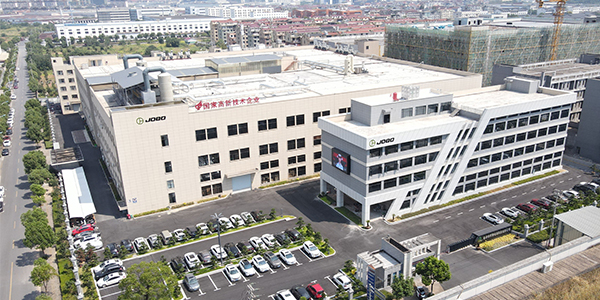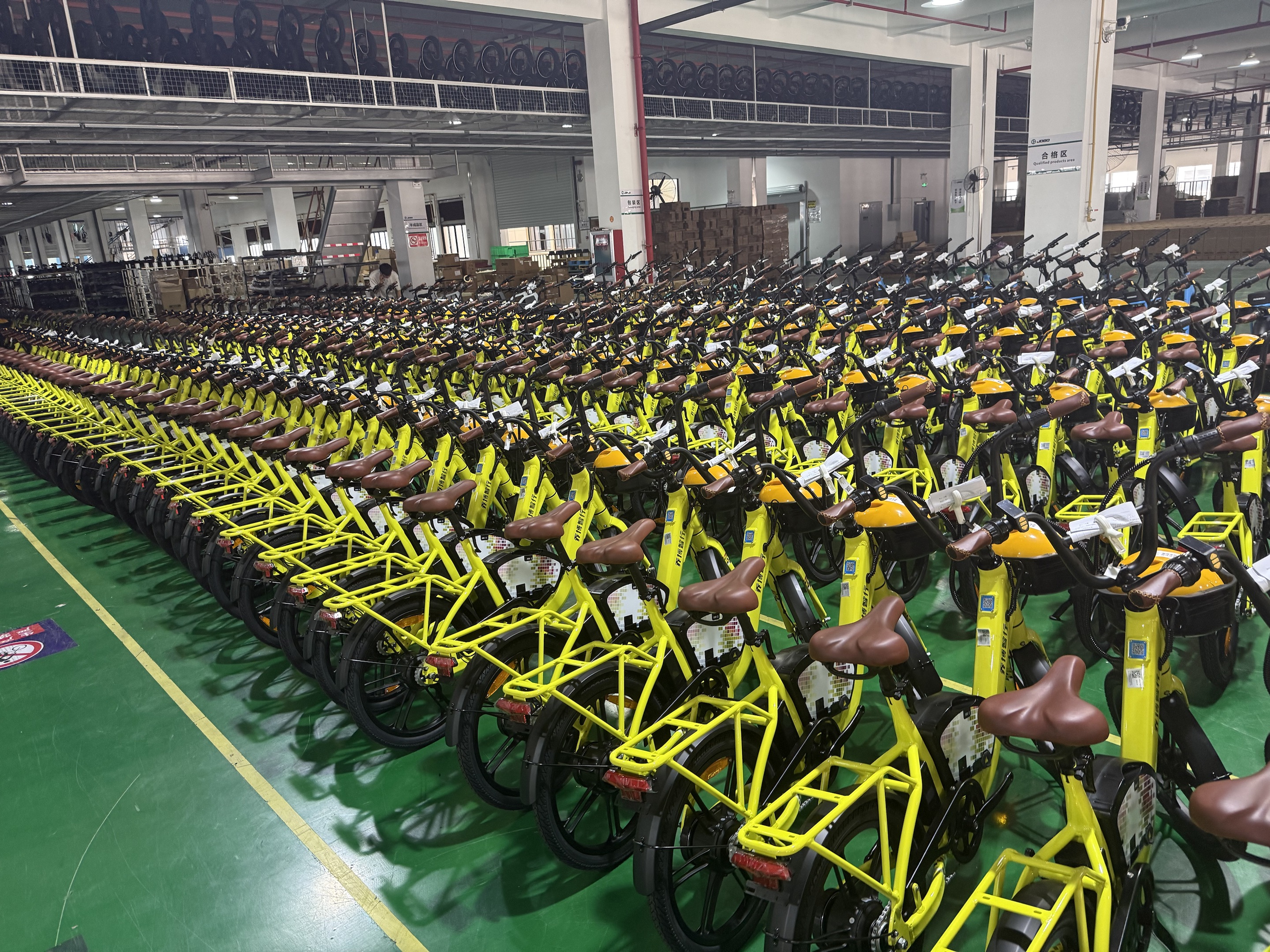Shared electric bikes are revolutionizing the way people navigate urban environments, offering a convenient and sustainable alternative to traditional transportation. These innovative vehicles combine the ease of electric assistance with the accessibility of sharing systems, making them ideal for daily commutes and short trips in bustling cities. As more individuals seek eco-friendly options, shared electric bikes provide a seamless blend of technology and mobility, reducing reliance on cars and promoting healthier lifestyles.
The Rise of Urban E-Bike Rentals
Urban e-bike rentals have become a cornerstone of modern city life, allowing users to access electric bikes through easy-to-use apps and docking stations. This system enhances accessibility, enabling riders to pick up a bike at one location and drop it off at another, which is perfect for exploring neighborhoods or running errands. With features like integrated GPS and secure locks, urban e-bike rentals prioritize safety and convenience, appealing to both tourists and residents. These services not only cut down on traffic congestion but also encourage physical activity, as riders can pedal with electric support for a balanced workout. As cities expand their infrastructure to support bicycle sharing systems, the demand for shared electric bikes continues to grow, fostering a more connected and vibrant community.
Exploring Bicycle Sharing Systems
Bicycle sharing systems are designed to make transportation more inclusive and efficient, integrating shared electric bikes into public networks for widespread use. These systems often include user-friendly interfaces that track availability and usage, ensuring that bikes are readily available when needed. By incorporating eco-friendly transport options, cities can significantly lower their carbon emissions, as electric commuter bikes produce zero tailpipe pollutants during operation. Riders benefit from the affordability and flexibility, with options for short-term rentals that fit into busy schedules. Over time, these systems have evolved to include maintenance programs and data analytics, which help optimize routes and improve user experiences, making shared electric bikes a reliable choice for everyday travel.
Benefits of Shared Mobility Solutions
Shared mobility solutions, such as those involving shared electric bikes, address the challenges of urban crowding by providing an alternative to crowded public transit or personal vehicles. These solutions emphasize shared resources, allowing multiple users to access the same fleet of bikes, which reduces the overall environmental impact. Electric commuter bikes, for instance, feature lightweight frames and powerful batteries that enable longer rides with minimal effort, making them suitable for hilly terrains or extended distances. Users often report improved mental health from the outdoor activity, while cities enjoy reduced pollution levels and less strain on road infrastructure. As part of a broader movement toward eco-friendly transport, shared electric bikes help build a culture of sustainability, where convenience and environmental responsibility go hand in hand.
The Environmental Impact of Eco-Friendly Transport
Eco-friendly transport options like shared electric bikes play a vital role in combating climate change, offering a low-emission alternative that supports global sustainability goals. By opting for these bikes over gas-powered vehicles, individuals can contribute to cleaner air and healthier ecosystems, as the electric motors produce no harmful exhaust. This shift not only benefits the environment but also enhances urban aesthetics, with more bike lanes and pedestrian-friendly spaces emerging in response. Shared electric bikes are equipped with durable components that ensure longevity, reducing waste from frequent replacements. As awareness of environmental issues grows, the adoption of such transport methods continues to rise, proving that small changes in daily routines can lead to significant positive outcomes for the planet.
In conclusion, shared electric bikes represent a forward-thinking approach to urban mobility, blending innovation with practicality to create a more sustainable future. With their integration into various sharing systems and eco-friendly designs, these bikes are more than just a mode of transport—they are a catalyst for change. As cities worldwide embrace this technology, the benefits extend beyond individual users to the greater community, promoting a healthier, greener world for generations to come.
We welcome partnerships with urban mobility operators and municipal organizations seeking to implement or expand shared e-bike systems. Our specialized OEM/ODM services offer customized solutions including fleet-specific designs, smart locking integration, and durable construction for high-utilization scenarios. Contact us to discuss fleet pricing, technical specifications, and collaborative opportunities for developing shared e-bike programs tailored to your operational requirements.





